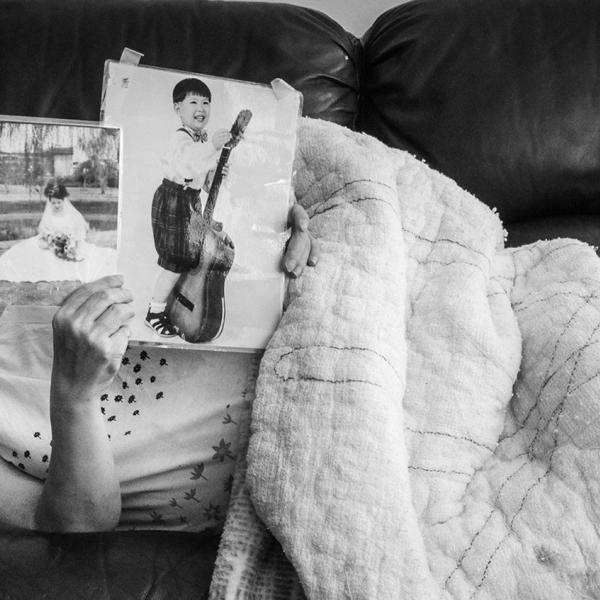What is palliative care?
The World Health Organization (2002) defines palliative care as “an approach that improves the quality of life of patients and their families facing the problem associated with life-threatening illness, through the prevention and relief of suffering by means of early identification and impeccable assessment and treatment of pain and other problems, physical, psychosocial and spiritual.”
About palliative care
Palliative care can help people of any age who are living with a serious illness. This includes heart, kidney, liver or lung disease; cancer; dementia; and other neurological illnesses. You may receive it at any time following diagnosis, along with other treatments to cure or control a disease.
Your existing healthcare team may provide palliative care, or you may ask for support from palliative care specialists. Your palliative care team may include doctors, nurses, social workers, physio- and occupational therapists, spiritual care providers, paramedics and other professionals, in addition to your family and friends.
Learn more about palliative care.
How to receive palliative care
Don't wait for others to bring it up. If you or someone you know could use additional support with a serious illness, talk to a primary care provider about how palliative care might help. Find out if palliative care is right for you.
You can also find palliative care services in your area.
Palliative care, hospice care and MAID — what's the difference?
Palliative care is care for someone with a serious illness that can be accessed in any setting — home, hospital or long-term care — and can be received along with other treatments. Palliative care provides treatment and support to achieve the best quality of life possible. Medications may be administered to manage symptoms but do not cause death.
Hospice care is 24-hour care provided at a specialized facility for people in the late stages of an illness.
Medical assistance in dying (MAID) is when a doctor or nurse practitioner administers medication to cause death. This can only be done if a person has asked for an assisted death and met all the eligibility criteria set out by federal law.
A person can receive palliative care while also considering or applying for MAID.
For more information, see Canadian Virtual Hospice’s Understanding Medical Assistance in Dying.
Embracing palliative care
Life circumstances prompt a family caregiver to become an advocate for palliative care.
ReadMay 11, 2023
